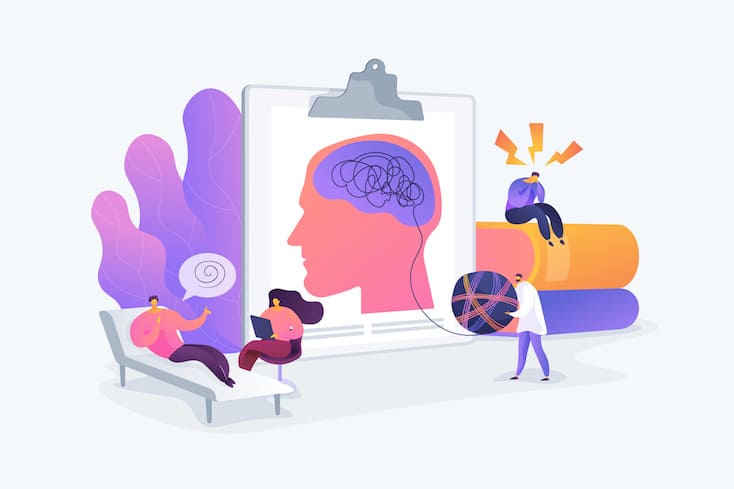February 12, 2021
By Jack Bragen

People in mainstream society often do not understand people with mental illness. People should know that we are human beings, capable of suffering — and when stabilized, we are capable of leading fulfilling lives. Many of us live lives of therapy, medication and other therapeutic methods. And this, while not perfect, is entirely better than trying to get by without treatment. Lack of treatment leads not only to tragedy, but to a waste of potential.
I've lived with schizophrenia since the beginning of adulthood. I've had four successive episodes of psychosis, and the last three were caused by going off medication against medical advice.
I have been stabilized on medication since 1996, with no returns to inpatient hospitalization since then. This is a formidable feat, regardless of which mental health expert you talk to. I owe this progress in part to my wife. When we first moved in together, she said that if I went off medication, she would move out.
Following my last psychotic break in 1996, I had many things to figure out. One of them was: How was I to get back to “normal,” a state in which my mind would function properly? You see, I had started taking the medications again, but they weren't working as well as they had. I'd mentally lost ground from my episode of noncompliance with treatment. My mind wasn't working nearly as well, and I was aware of this fact.
Another thing to ponder was: How do I stop this from happening to me again? After all, having a psychotic episode is extremely dangerous. In addition to the dangers of losing my sense of reality, there is also the stresses on the body due to the excessive adrenaline coursing through. If severe enough, these stresses could cause me to have a heart attack or stroke. Additionally, my parents were getting too old to deal with me while going through psychosis. If I became ill again, it would be up to me to get through it alive.
It was time for me to make a decision. Did I want to throw my life away on foolish ideas of curing my illness without treatment? Or would I go along with treatment professionals, at least on the issue of taking my medication as prescribed? My decision was the latter. I decided I had to stop playing games with going off medication and I made a permanent commitment to compliance.
That was in the Spring of 1996, and now it is 2021 and I have not relapsed.
Since that time, things have often been hard. Dealing with the challenges of life, as everyone must do, is never easy, and it is harder for someone living with a disability. However, my outcome is good. I've been married since 1997, I have a roof over my head, and I meet my basic needs with limited help from family and a load of help from mental health treatment.
Although things are sometimes hard, I am a contributing member of the community. I write about mental health and I write fiction. Some of this gets published in small publications. I am not at the level of J. K. Rowling or Stephen King, but I am grateful for what I have.
To encourage compliance, it’s necessary to have basic insight into the nature of mental illness, especially if psychosis is part of the diagnosis. We have to understand the consequences to our health if we abruptly stop taking our medication or choose to forgo treatment altogether.
Compliance with medication is only the first step in recovery. There are a multitude of hurdles we have to clear in our lives, and we have to be strong to do this. However, the commitment to compliance is essential to making progress. It brings about the possibility that life can be a great thing.
Jack Bragen is a commentary, self-help and fiction author who lives in Martinez, California, with his wife Joanna.
Submit To The NAMI Blog
We’re always accepting submissions to the NAMI Blog! We feature the latest research, stories of recovery, ways to end stigma and strategies for living well with mental illness. Most importantly: We feature your voices.
LEARN MORE